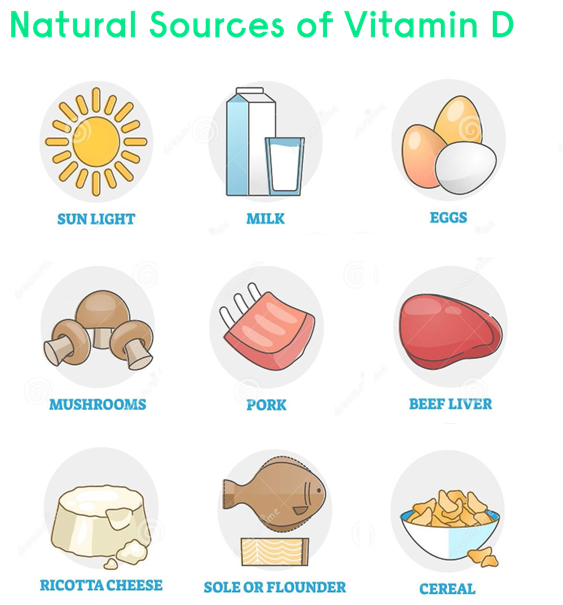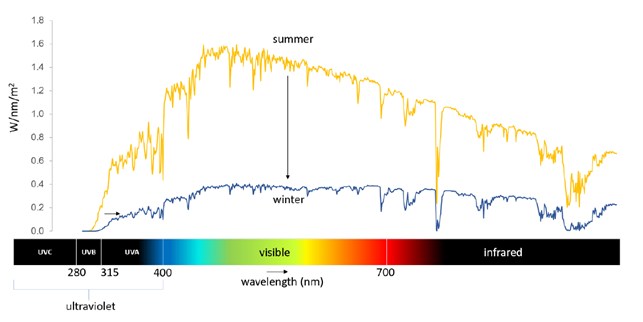Vitamin D and general health
What has been known for many years is the positive effect of vitamin D on our immune system and the suppression of respiratory infections such as influenza. Since the majority of cells in the body contain vitamin D receptors, the presence of vitamin D is a crucial requirement for initiating cellular processes. It is estimated that doubling vitamin D levels, either through oral supplementation or regular moderate UVB radiation exposure, on average leads to a 2-year increase in life expectancy. Furthermore, in older age, vitamin D supplements help prevent cognitive decline. In 2020, hundreds of research articles were published reporting a potential link between low vitamin D levels and COVID-19 infections and mortality. While dozens of clinical trials are currently underway to investigate this further, an international alliance comprising a group of scientists and doctors is now advocating for increased vitamin D supplementation.

It is estimated that our modern indoor lifestyle keeps us indoors 90% of the time. This means that we miss exposure to natural (sun) radiation, the foundation of life's origin and development on Earth. Figure 1 (below) shows the typical daylight radiation spectrum, with the visible, infrared, and ultraviolet radiation portions marked. The ozone layer in the atmosphere completely blocks UVC radiation. UVB radiation is partially blocked and is responsible for the production of vitamin D in the skin. UVA radiation is largely unaffected by the atmosphere. The intensity of UVB radiation depends on the location on Earth (latitude and altitude), atmospheric ozone levels, weather conditions, air pollution, as well as the season and time of day. The two graphs in Figure 2 illustrate the situation for summer and winter at 50° N latitude (≈Belgium), under clear skies.

In the future, we will be able to provide sufficient vitamin D through LED lighting as well. With additional components installed in the lights and their control systems, we can enable access to vitamins during dark times.
We spend a large part of our time at work, and the long autumn and winter are quite dark at these latitudes. Indoors, of course, even if the sun shines from a clear sky outside.
It is becoming possible to connect a UVB module that produces vitamin D to the lamps.
We tell you more about the solutions in this document! The story is updated!
Source: Philips